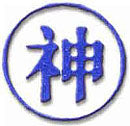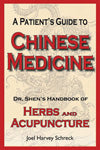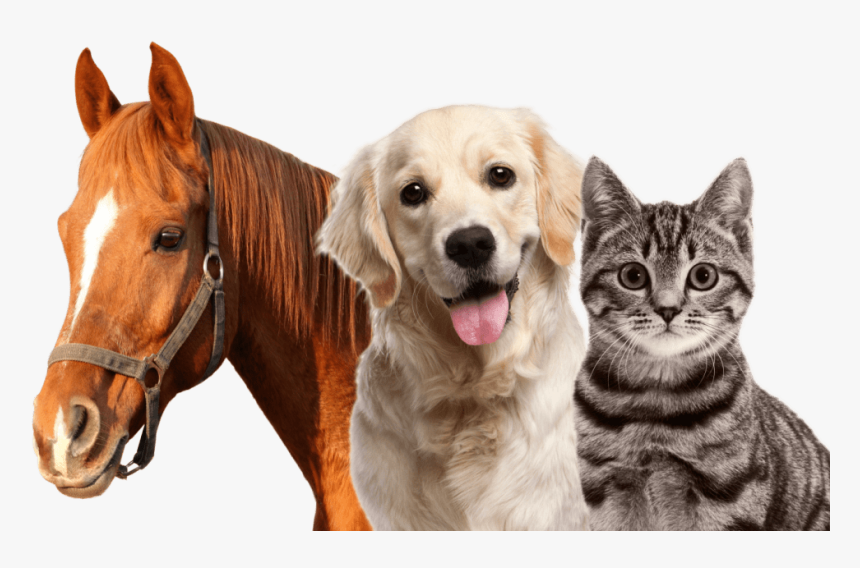
Golden Age Pills - Herbs for Longevity | Shen Clinic
Save 40%
Translation missing: en.product_price.item.price.range_html
Original price
$ 49.95
Current price
$ 29.97 USD
from $ 29.97 USD
Current price
$ 29.97 USD









